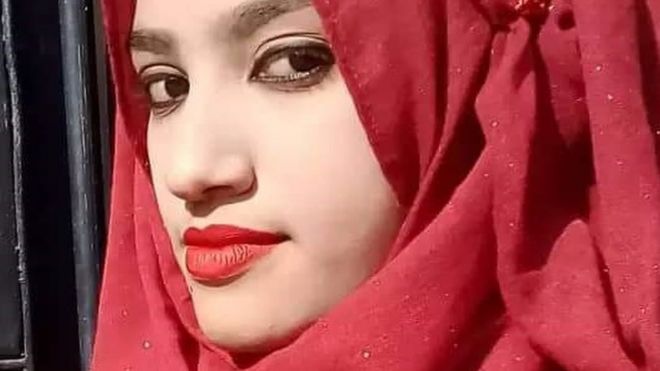 FAMILY HANDOUT
FAMILY HANDOUT
Sixteen people have been charged in Bangladesh over the shocking murder of a teenager who was burned to death after reporting sexual harassment.
Nusrat Jahan Rafi, 19, was doused with kerosene and set on fire on the roof of her Islamic school on 6 April, days after filing a complaint.
Headmaster Siraj Ud Doula, targeted in the complaint, is among those charged.
Police say he ordered her murder from prison when she refused to withdraw her accusations against him.
They described the preparations for the killing as being like a "military plan".
The case sparked mass protests in Bangladesh and shone a spotlight on the vulnerability of victims of sexual assault and harassment in the country.
Ms Rafi filed a police complaint against Mr Doula in late March and he was arrested. On 6 April she attended the school to sit her final exams when she was allegedly lured to the roof of the school and set alight by a group of people wearing burkas, a one-piece veil that covers the face and body.
They had planned to make it look like a suicide, police said, but Ms Rafi - who suffered burns to 80% of her body - was able to give a statement before she died on 10 April.
- The girl burned to death for reporting sexual harassment
- Bangladesh rallies over teen killing
- The women killed on one day around the world
Police in Feni, a small town some 160km (100 miles) outside the capital Dhaka, formally laid murder charges on Wednesday against the 16 accused. They include students at the madrassa and two local politicians from the governing Awami League party who were in prominent positions at the school.
Investigators are calling for the death penalty for all of the suspects. Police say that the principal has confessed in court that he ordered the murder.
They say that in total 12 of the accused have given statements of confession. The two local politicians have not admitted any involvement.
In the wake of Ms Rafi's death, Bangladeshi Prime Minister Sheikh Hasina pledged that every person involved in the killing would be brought to justice.
"None of the culprits will be spared from legal action," she said.
What happened to Nusrat?
On 27 March, the 19-year-old accused the headmaster of the madrassa she attended of calling her into his office and repeatedly touching her in an in-appropriate manner. She ran out before things could go any further.
She and her family went to the police on the same day and she gave a statement. At the police station, she was filmed by the officer in charge as she described the ordeal.
In the video she is visibly distressed and tries to hide her face with her hands. The policeman is heard calling the complaint "no big deal" and telling her to move her hands from her face. He has now been charged with illegally recording her statement and sharing it online.
The madrassa's headmaster was arrested after Ms Rafi filed her complaint, triggering street protests locally demanding his release.
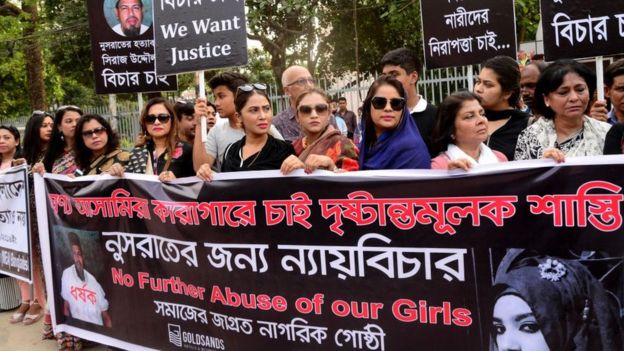 GETTY IMAGES
GETTY IMAGES
According to Police Bureau of Investigation (PBI) chief Banaj Kumar Majumder, Mr Doula was visited in jail by associates whom he instructed to intimidate Nusrat's family to withdraw the complaint.
When this failed, the principal is alleged to have ordered her to be killed if necessary. At a news conference on Tuesday, the PBI chief described careful planning - including the purchase of kerosene, burkas and gloves. The accused are alleged to have divided roles among themselves on 6 April, the day of the murder.
Some guarded the gates of the madrassa to make sure only students entered, while others kept watch in front of the specific building where Nusrat was to be attacked, Mr Majumder said.
According to a statement given by Nusrat, she was lured to the roof of that building by a fellow female student. She was allegedly told that one of her friends was being beaten up.
There, Mr Majumder said, she was pressured to withdraw the case and asked to sign a blank piece of paper. When she refused she was gagged and bound before being doused with kerosene and burned, he said.
In the ambulance, fearing she might not survive, she recorded a statement on her brother's mobile phone and identified some of her attackers as students at the madrassa.
"The teacher touched me, I will fight this crime till my last breath," she can be heard saying in the video.
A trial date is yet to be set.
Additional reporting by Mir Sabbir, BBC Bengali
Asia
Myanmar accused of fresh war crimes
- 29 May 2019
- Asia
Growing crops in the shadow of Fukushima
- 29 May 2019
- Asia
Huawei: US ban will harm billions of users
- 29 May 2019
- Business

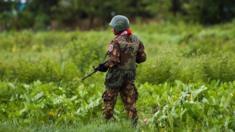



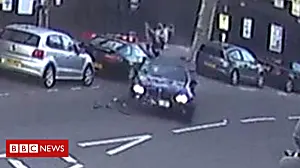


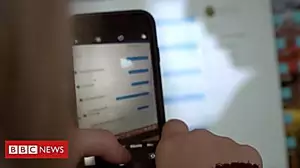
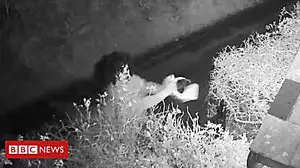

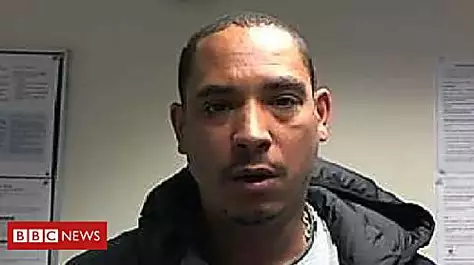
No comments:
Post a Comment